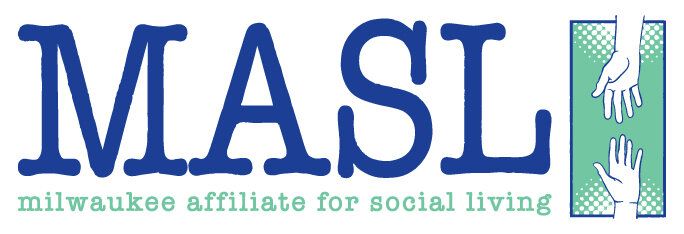The Cultural Context
Culture is perhaps the most omnipresent and yet invisible of all social contexts. Culture sets the parameters for family life, community, society, and spirituality. For this reason, culture can be tricky to identify in any of these contexts without the aid of comparison.
For our purposes, the term culture can be applied in at least two different ways. Most commonly, we think of culture as being the composite of customs, moral beliefs, language, social institutions, and practices coming from a homogenous group with a shared history. In this usage, culture comes to be associated with concepts such as ethnicity or heritage. We tend to think of culture in this manner when we refer to someone’s cultural background.
However, we can also think of culture in a more dynamic manner, through consideration of the culture within a group or organization, or as identified in some subsect of society. This usage pertains to he unique social patterns and “rules” of etiquette that develop within a certain group and that are distinct to the group and significant to that group. We may speak of an individual’s workplace culture in this way . Alternatively, we may think of the culture as associated with given group that we identify with. Examples of this might be culture defined by creative communities or communities with shared interest (e.g. Hip-Hop culture, theater culture, NASCAR culture) or the culture that evolves within a social group or community to which one finds membership and belonging (e.g. LGBTQ+ communities or a given political group, organization, or movement).
It Takes one To Know One- Cultural Anthropology
The work of Margarette Mead (1901-1978) served to define and popularize the study of cultural anthropology. Her work which involved the exploration of other cultures ultimately served as an opportunity to understand and critique aspects of the existing dominant culture. Ultimately, it was through the process of identifying the differences underlying foreign cultures, that Dr. Mead was able to unearth the cultural assumptions underlying our own culture and social order.
Present day technologies and evolving geopolitics have placed us now in greater contact with others across the planet. Although this provides us a an opportunity to grow and develop in new ways through a diversification of experience and learning about ourselves through the mirror of other cultures, this globalization also brings with it new threats in the form of homogenization, cultural oppression and genocide, and gross cultural misappropriations.
The Importance of Culture in Individual Psychology
Adler’s Individual Psychology departed from Freud’s Psychoanalytic view largely in a preference to include culture and cultural considerations, in distinction from Freud’s desire to identify psychogenic causality and drives in considering human behavior. The work of Bob Powers and Jane Griffith considered Individual’s Psychology’s field of inquiry as being necessarily Cultural, Biological, and Transactional in nature.
We see the significance of culture with regards to Individual Psychology in how Individual Psychology conducts Life Style Inventory. Life Style Inventory seeks to understand an individual’s psychological construction through consideration of social influence and context over the formative years. Through Life Style Inventory an individual’s pattern of social engagement is explored through investigating objective influences in the social environment that guided and shaped their subjective interpretation of the world, self, and others. We interpret the individual’s experience through consideration of social context, and we subsequently look for clues in subjective behavior of the early social factors that made these behaviors meaningful.
In a manner of speaking, Life Style Inventory follows the form of a cultural anthropology in its attempt to understand the bi-directional exchange between behavior and history. Life Style Inventory takes consideration of cultural forces such as faith practices and religion, as these things come to be experienced through social experience, most importantly in the context of family life.
Cultural Healing
Culture can be a source of great power and identity. However, when a dominant culture seeks to absorb, dissolve, or appropriate another culture, the individual finds themselves removed from this source of identity and power. Displaced and marginalized, these groups find themselves estranged from their own culture and forced to reconcile with the assumptions, norms, and standards of the dominant culture. Cultural genocide is the term given to an experience when the entirety of a group’s cultural identity comes to be eradicated by forces within the dominant culture. Consequently, the reclaiming of one’s identity in language, believe systems, and customs can serve as a greatly healing force for individuals who have been historically or systemically estranged from their culture, and subjected to assumptions, biases, and expectations of the dominant culture.
Cultural Growth
Culture impacts broadly and somewhat insidiously upon how we engage in the world and with others. In order to gain accountability of our own cultural underpinnings, our best hopes lie in understanding and embracing cultural diversity and in looking into the ways in which modern culture informs our sense of self.
A transcultural understanding of the self can occur as we both appreciate the role that cultural influences have upon our own identity. Although we cannot eliminate these, a healthy understanding of ourselves and others brings with it a loosening of the cultural ties that bind our assumptions. Such awareness allows us to grow in new found relationships with others that we would otherwise fail to appreciate and understand as companions in our journey to healthier relationships and sustainable community.


